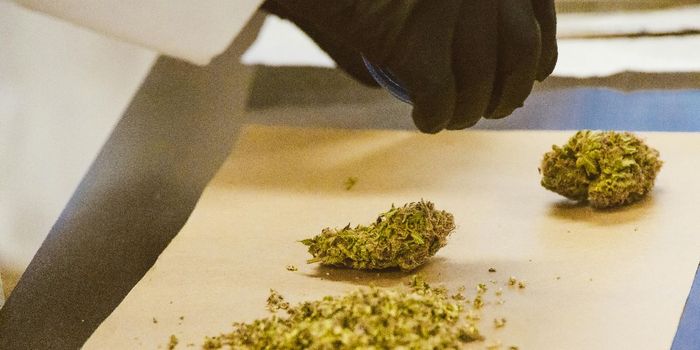Changes in Cannabinoid Policy for Olympic Athletes...just in time for 2018 Winter Olympics
With the current 2018 Olympics happening right now, and in light of doping investigations across sports in general in recent years, what is the current stance on medical cannabis use? It is interesting to note that the World Anti-Doping Agency (WADA) has a more lenient threshold for carboxy-THC (a cannabis metabolite measured in urine) levels and a very progressive approach to Cannabidiol (CBD) for athletes. As of 2016, WADA’s lowest limit for c-THC was 150 nanograms/milliliter. For reference, most workplace THC metabolite limits are between 15 ng/mL and 100 ng/mL. In September 2017, WASA completely removed all restrictive language surrounding the use of CBD by athletes. CBD is a non-psychotropic cannabinoid compound in hemp plants, including cannabis strains, and is known for its medical and therapeutic applications. Cannabinoids as a category, minus CBD, are still on the “Prohibited List” updated annually by WADA; however, there is clearly recognition and a shift in attitude to cannabis and CBD’s broad spectrum of uses.

Until 2013, WADA’s c-THC limit was around 15 ng/mL but it was raised after discussion with the International Olympic Committee’s medical commission; there was recognition that this was a complex matter. The most well known case associating marijuana with an Olympic athlete is from the Nagano games in 1998 where Ross Rebagliati was stripped of his Snowboarding Olympic Gold medal for testing positive for marijuana. His win and gold medal were reinstated shortly after because after investigation, marijuana was not WADA’s banned substances list. The snowboarder’s test came back at 17.8 ng/mL which was 2.8 ng/mL over the allowable limit at the time. How they could say that was the limit when the substance was not on the “Prohibited List” at the time is still a question. Every individual will metabolize cannabis, in any form, differently based on their body, lifestyle, frequency of use, and amount of time from last use.
The raised restriction on CBD use is encouraging news for medical cannabis supporters becauase CBD continues to show promise for different ailments for some individuals; WADA recognized and made the decision “based on current scientific and medical knowledge”. Michael Phelps, a highly decorated and well known Olympic swimmer has been using cannabis products as a training tool for years according to this article by Cibdol. WADA’s only warning regarding CBD is for athlete’s to be aware of the risks that CBD products may have some lingering amounts of THC if extracted from cannabis plants; the amounts of THC could potentially cause an inadvertent positive for c-THC but because of the increased c-THC threshold, this is less likely. Additionally, there is a “Therapeutic Use Exemption” (TUE) reviewed by both WADA and the US Anti-Doping Agency (USADA). Athletes can apply for a TUE with a doctor’s recommendation and would then be allowed use of a substance from the banned list. There are limited medical conditions the agencies will consider a TUE for. According to the USADA Therapeutic Use Exemption Policy there are even retroactive approval TUE guidelines for unexpected events like emergency medical situations, etc.
While the intent of WADA’s leniency for cannabis has not explicitly been discussed, as more research is done on cannabinoids beyond THC, this multifaceted issue will continue to be considered and examined in and around sporting events for years to come.
Sources: WADA "Prohibited List" of banned substances; USADA TUE; USADA Marijuana and Cannabinoids;









